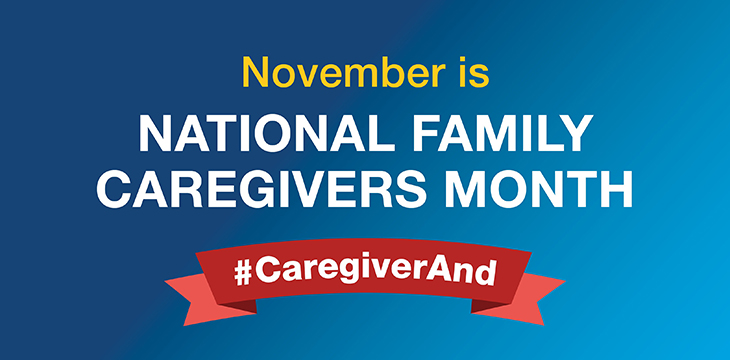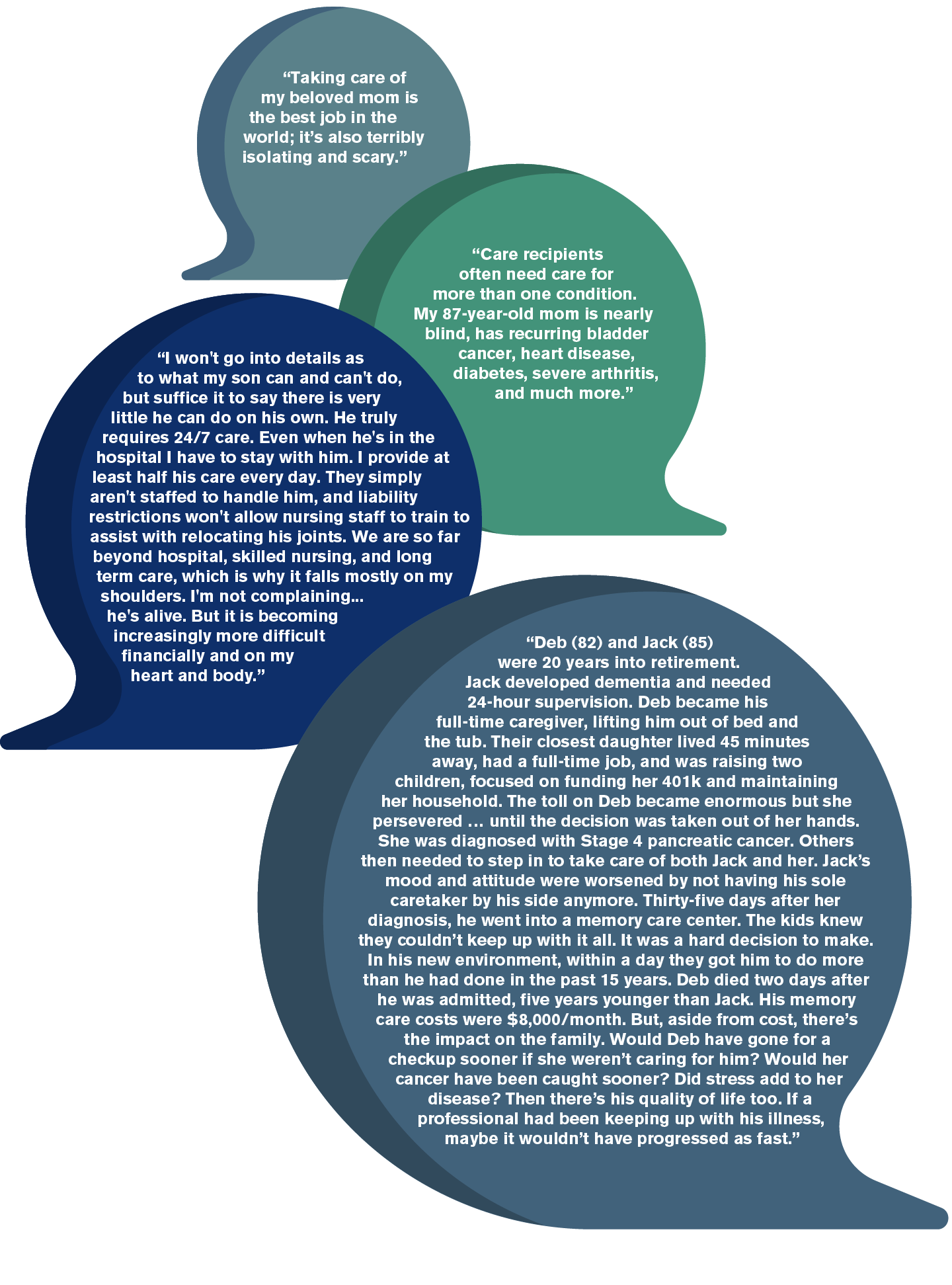ALLiS Login |
![]() (877) 254-4429
(877) 254-4429
ALLiS Login |
![]() (877) 254-4429
(877) 254-4429
Fourth Quarter 2021
NEWS YOU CAN USE FROM THE EXPERTS AT LLIS

Did you know? November gives us the opportunity to acknowledge a person who is or has been a caregiver before and start a discussion with your clients about the importance of planning for long-term needs.
There’s a caregiving crisis in America. Americans living longer, but not necessarily in the best of health and not necessarily independently. No matter a person’s net worth, unplanned LTC expenses can impact savings and retirement income.
One in five full-time workers care for a family member with a serious illness or disability. Tens of millions of Americans leave the workforce entirely or reduce their hours significantly to care for loved ones at some point in their career. Income losses due to caregiving total on average more than $300,000, threatening retirement security. Women (who make up two-thirds of unpaid caregivers) are disproportionately impacted.
Beyond the wage implications (losing job, reducing hours, passing up promotions) there are costs associated with the caregiving, like losing health insurance, receiving fewer retirement benefits and smaller Social Security checks, and having less ability to save for a child’s future education or a worker’s own retirement.
Financial and career costs are high. But the emotional and physical stresses are often greater. Trying to balance work with caregiving responsibilities poses the biggest challenge. Families often try to manage as long as possible before bringing in professional help; and, even if they can afford to pay out of pocket, it’s generally unknown how long they’ll need to do it. By the time it’s obvious a loved one needs care, cost comes into play and so do unrealistic thoughts that “no one can do it better than me, the family member, the informal caregiver.” Caregivers often become sick, depressed, and even predecease the one they’re caring for. Being a caregiver is all-consuming, rarely split evenly among family members. Making a decision when someone already needs help can add more stress to an already stressful time. Planning can help to alleviate that stress, family discord, and can ensure access to specialized care and services.

* Public Opinion Strategies survey of caregivers aged 18-70 working full-time
** AARP study June, 2021
SOLUTIONS AVAILABLE THROUGH LLIS
Term Life Insurance | Low-Load Universal Life (Individual & Survivorship) | No Lapse Guaranteed Univeral Life (Individual & Survivorship) | Long Term Care Insurance | Disability Insurance | Critical Care Insurance | Low-Load Variable Annuity | Immediate and Fixed Annuities | Low-Load Variable Universal Life | Hybrid Life/LTCi | Hybrid Annuity/LTCi
(We recommend low-load permanent life insurance and annuities when possible)
(Not all policy types available in all states)
For a list of current providers, visit the Advisor Tools section of our website and click on "Insurance Companies We Work With".